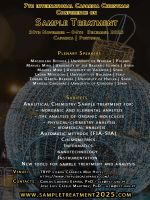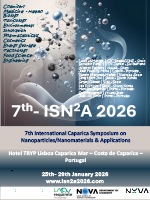VITABOLONICA. NEW DIRECTION IN THE VITAMINOLOGY
DOI: 10.5584/jiomics.v9i1.252
Abstract
Modern studies of enzymovitamins are devoted to the study of the biochemical functions of their metabolically active forms. At the same time, it is not taken into account that in cells and in some cases in one compartment of the cell both the vitamin itself and its anabolites and catabolitesco-exist together.
It seems to us necessary to study the biochemical effect of the joint action of all the metabolites of a particular vitamin that present in the cells. Such a complex of all formed metabolites of individual vitamins, we propose to call vitabolone.
Our studies, conducted with thiamine, riboflavin, and pantothenic vitabolones, have demonstrated that the complexes of metabolites of these vitamins have regulatory properties that are fundamentally different from those of the corresponding vitamins and coenzymes.
Thus, thiamine vitabolone significantly mitigates the activating action of thiamine and TPP on the activity of the pyruvate dehydrogenase complex in tissues and prevents the inhibitory effect of thiochrome on this multienzyme complex. Even more significant is the fact that thiamine vitabolone has a regulatoryeffect on certain enzymes, unlike thiamin or its metabolites alone.
Studying the effect of individual metabolites of pantothenic acid and their complex on acetylation activity in tissues, we found that individual metabolites in physiological concentrations do not affect the recorded index, while pantothenic vitabolone exerted a pronounced effect, the direction of which depends on the terms after its introduction.
Riboflavin vitabolone significantly activated succinate dehydrogenase, while riboflavin, FMN and FAD did not have such effect.









